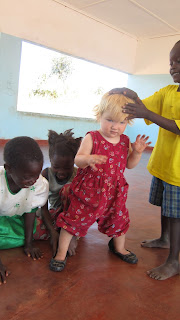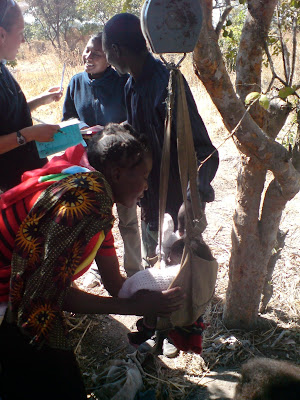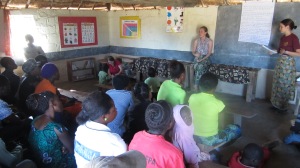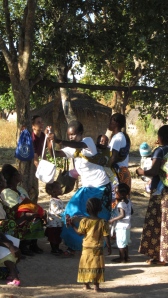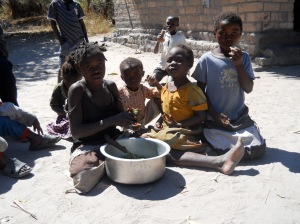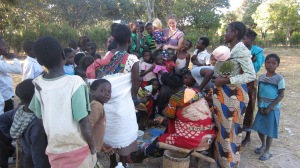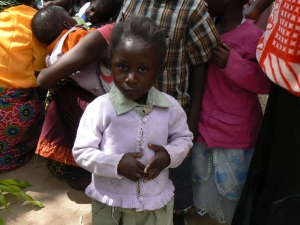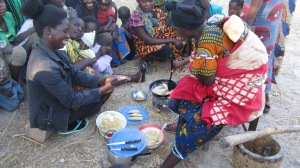We’ve been in a whirlwind of packing today. Jeremy and I
used to pack up for a three week outing and be finished in the course of 15
minutes. Now our “don’t forget” list is three pages long detailing all of
Bronwn’s essentials – her baby soap, all of her diapering requirements,
options for all weather, etc. etc. etc.
We’re intentionally pulling back from “it all” for a few
weeks. We’ve been pressing into life, hard, for 14 months, our last period of
rest being when we were back in the states, but lets be real, who calls having
a baby restful. Anyway. Several months ago when we thought through this bit of
Sabbath we’re about to take, we figured that by now we would be burning the
candle at both ends, and indeed we are.
I’ve always struggled with setting “it all” down. My
performance mentality has always informed my thoughts on Sabbath and caused me
great anxiety at the idea of doing “nothing.” Wayne Muller in his book Sabbath
calls it a theology of progress: on the glory road, building for ourselves a
product that will one day earn ourselves the right to rest. I hate it when I
read ugly things that are true of me. As I think about my state of mind these
past few weeks, upping my intensity to balance out the lack of productivity
that would result from our being away – storing up my worth and value as a
missionary in other people’s eyes in case they thought less of me for taking a
break for a time. I read the giving report like a report card – a habit I’ve
not been able to shake in seven years, and yet when Jeremy came home this
morning and told me that we were three grand short last month, ten grand short
this year, the first thought through my mind was what have I done wrong. Is my writing coming up short? Have I not
articulated well enough what we are doing? What GOD is doing here?
I love that Jeremy can read my mind, or maybe he saw the
tears starting to well and used his super husband sleuth skills, but he
answered my question before I asked it. “This has nothing to do with you. We
need to trust.”
Trust. Ugh. The bane of my road-to-sanctification-existence.
And taking Sabbath at “a time like this” pushes my I-hate-to-trust buttons all
the more. Like dear Wayne writes, “Sabbath challenges the theology of progress
by reminding us that we are already and always on sacred ground. The gifts of
grace and delight are present and abundant; the time to live and love and give
thanks and rest and delight is now, this moment, this day. Feel what heaven is
like; have a taste of eternity. Rest in the arms of the divine. We do not have
miles to go before we sleep. The time to sleep, to rest, is now. We are already
home.”
On my weariest days when I can’t figure out how to make
everyone happy, when I feel compassion fatigue piling up weights on my shoulders, when the cultural clash foibles my perfect plans,
when the two steps forward are always
accompanied with the one step back, I’ve said to Jeremy these words: “I want to
go home.” He always hugs me, comforts, prays, but never has he hopped online and started looking
for plane tickets. I think he knows as well as I do that home is not so much the Rawson household on Coddington Road so much
as it is the gift of grace that Muller writes about; the invitation to give
thanks and rest and delight – an invitation which is always there, but that I’m
often too anxious to take.
And yet Sabbath forces me to deny my theology of progress
and leave every last bit of my best efforts in His hands. The duffels are
packed and there’s no sense unloading all of Bronwyn’s stuff now that we’ve
finally gotten her life squared away.
I guess we really are going… and trusting and hoping and praying that obedience
to a simple command like “keep the Sabbath holy” will ultimately bear fruit in
our ministry, and in us.
Have a good few weeks, friends. We’ll see you soon.
 |
| the road to home |







